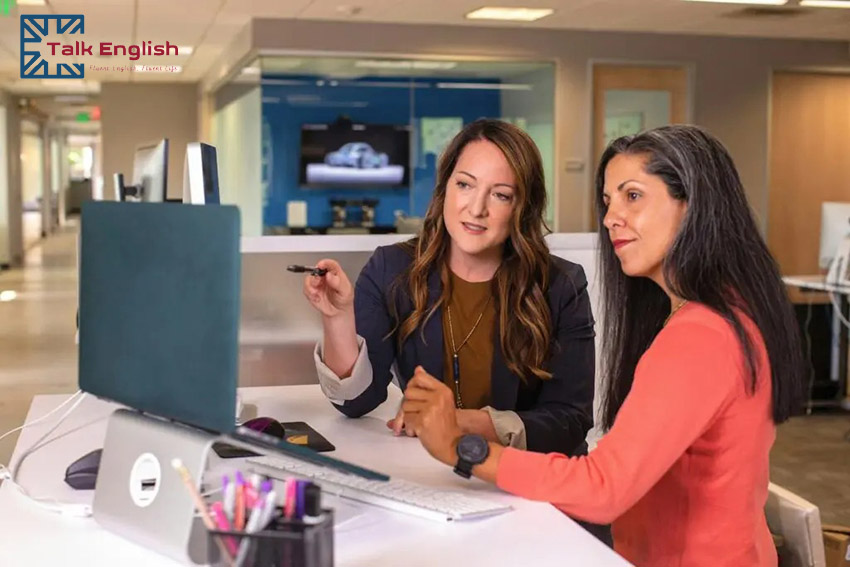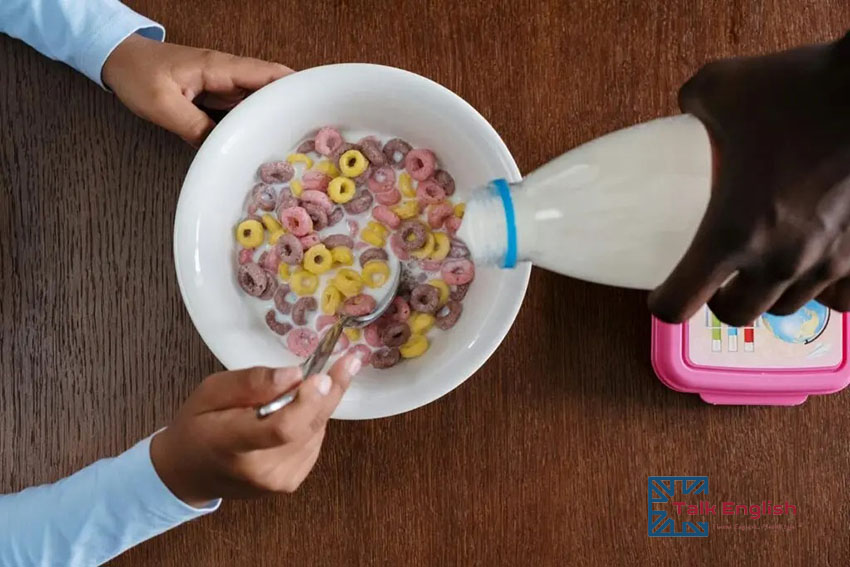Những cách nói Thank You trong tiếng Anh giúp bạn giao tiếp tốt hơn
Thank you so much.
“Thank you so much” is a stronger way to say “Thank you.” People also say, “Thanks so much" for short.
- This is amazing. Thanks so much!
- Thank you so much for your help!
I appreciate it!
It’s common to add “I appreciate it!” after a thank you.
- Thanks for your help. I really appreciate it!
I owe you one.

If you “owe” something to someone, you need to give something back to them.
If someone has done you a favor, you can reply by saying “I owe you one.” “One” in this situation means “a favor.” So basically you’re saying “I owe you a favor” or “I need to help you out next time!” Some people also just say “I owe you” for short.
- Thanks for covering my shift when I was sick. I owe you one.
- I appreciate your help on this report. I owe you!
You’re a lifesaver!
If someone has helped you a lot, you can call them a “lifesaver” — even if they didn’t literally save your life!
- Thanks so much for your help with this. You’re a lifesaver!
- You’re a lifesaver! I could have been fired if it weren’t for you.
You may also hear people say words like “hero” or “star” instead of “lifesaver.”
Thanks a lot/bunch/ton/million.
All versions of this phrase are very casual ways to thank someone.
- This is super helpful. Thanks a lot!
- Thanks a bunch for the birthday presents!
You can also say “Thanks a bunch.” “A bunch” is a casual way to say “a lot.”
- This is so nice of you. Thanks a bunch!
- Thanks a bunch for helping me cook dinner.
"Thanks a ton" and "Thanks a million" are the most casual of these phrases. A "ton" is a lot of weight (exactly 2000 pounds) and a million dollars is a lot of money, so these expressions are for when you are very thankful for someone's help!
- Thanks a ton for helping me with this project. I owe you one.
- Thanks a million for all you do! You’re a lifesaver.
Keep in mind that people don’t say “Thank you a lot/bunch/ton/million.” It’s always “Thanks a lot/bunch/ton/million.”
Cheers!
“Cheers” is an informal way people in the UK say "Thanks."
- Cheers, mate!
- Cheers for that!
It's also commonly used in countries such as Ireland, Australia and New Zealand. And you might even hear some Americans use it!
I can’t thank you enough.
If someone has done something extremely helpful for you, you might feel like it's impossible to fully thank them. If that's how you feel, you can express that with this phrase.
- You've been so much help to me; I can't thank you enough!
I’m forever in your debt.

This expression has the same meaning and usage as "I can't thank you enough."
- Your support helped me get through a very difficult time. I'm forever in your debt.
Much obliged/appreciated.
"Oblige" is a verb that means "to force to do something." It isn't very common in most daily conversations except for when expressing thanks to someone.
"Much obliged" basically means "I must do something nice for you (since you've helped me)." However, it's mostly used as a casual way to say simply "thank you."
- Can I borrow a pen from you? Much obliged.
You’re the best!
One way to express thanks is by complimenting the person who has helped you. So instead of saying "Thank you," tell them how great they are!
- Thanks a lot for helping me move my sofa last weekend. You're the best!
"You're" sounds very similar to "your," so you may confuse the two when speaking. When writing, however, be sure to use the correct word: "you're." Even native speakers sometimes make this mistake!
Thank you kindly.
Simply adding a "kindly" after a "thank you" is yet another way to show appreciation. This expression has a formal tone.
Be careful: It's "Thank you kindly," not "Thanks kindly."
Like "much obliged," it's often said alone, with nothing before or after it.
- Could you pass the salt, please? Thank you kindly.
TIN TỨC LIÊN QUAN
Những cách để tránh nói I don't know một cách trực tiếp trong tiếng Anh
Nếu bạn không biết câu trả lời cho một câu hỏi, bạn sẽ phản hồi như thế nào? Trong môi trường chuyên nghiệp, thư�...
10 Cách nói thay thế cho từ Easy trong tiếng Anh
Lần này, chúng ta sẽ xem xét các từ và cách diễn đạt mà bạn có thể sử dụng thay thế cho từ 'dễ'. Một số là tính...
Cách sử dụng Danh từ đếm được và không đếm được trong tiếng Anh
Để giúp bạn làm quen với hai nhóm từ này, bài viết này sẽ nêu bật một số danh từ không đếm được phổ biến nhấ...



